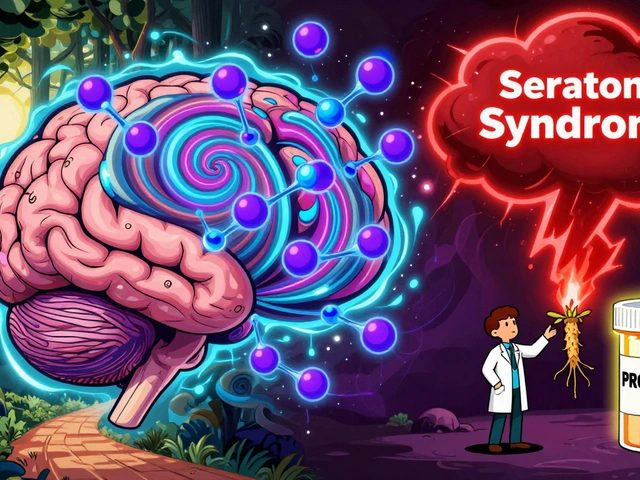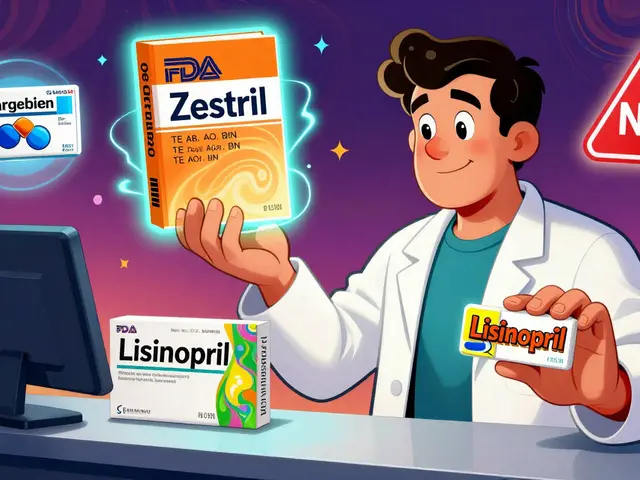
Ophthalmology: Practical Eye Health Guides and Medication Insights
Got an itchy eye, blurry vision, or just curious about eye meds? You’re in the right spot. This page gathers easy‑to‑read info on common eye problems, the medicines that treat them, and the latest research that matters to everyday people in the UK.
Common Eye Conditions You Should Know
Most of us will face at least one eye issue in our lives. Dry eye syndrome is a top complaint – the eyes feel gritty and tired, especially after long screen time. Simple fixes like lubricating drops, a humidifier, or short breaks can make a big difference.
Conjunctivitis, or pink eye, spreads quickly in schools and offices. Keep it under control by washing hands often, avoiding touching the face, and using antibiotic eye drops only when a doctor prescribes them.
For those over 40, cataracts become a real concern. They cause clouded vision and can make reading a challenge. Surgery is safe and common, but early detection through regular eye checks helps you plan ahead.
Glaucoma sneaks up silently. It damages the optic nerve and can lead to permanent sight loss if untreated. If you’ve got a family history, ask your optician about pressure checks and medication options.
Medication Spotlight: Besifloxacin in Fungal Keratitis
One of the newer discussions in eye care is whether the antibiotic besifloxacin can help with fungal keratitis – a serious infection of the cornea. While it’s designed for bacterial bugs, some researchers have looked at it as an extra aid alongside standard antifungal therapy.
The idea is that besifloxacin might lower bacterial overgrowth that can complicate fungal infections, giving antifungal drugs a clearer path to work. Recent 2025 evidence shows modest benefits, but the drug isn’t a stand‑alone cure. Safety looks good for short‑term use, yet long‑term effects on the cornea are still being studied.
If you suspect fungal keratitis – think severe redness, pain, and a white spot on the eye after an injury – see an ophthalmologist fast. They’ll decide if adding besifloxacin makes sense based on the infection’s severity and your medical history.
Bottom line: Besifloxacin isn’t a miracle for fungal eye infections, but it can be a useful sidekick in the right cases. Always follow a professional’s advice before mixing eye meds.
We keep this site up‑to‑date with the latest NHS‑aligned guidance, so you can trust the information is accurate for UK readers. Whether you’re looking for dosage tips, side‑effect alerts, or lifestyle tweaks to protect your vision, you’ll find short, clear advice here.
Remember, regular eye exams are the best defence. They catch issues early, let you discuss medication options, and keep your sight sharp. Got a specific question? Use the search bar or dive into one of our detailed articles for deeper insight.
Eye health doesn’t have to be a mystery. With the right facts and a bit of routine care, you can keep your eyes feeling great for years to come.
-
9 Sep






